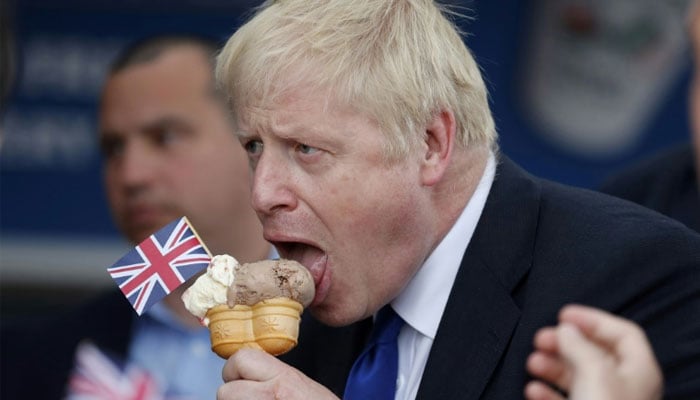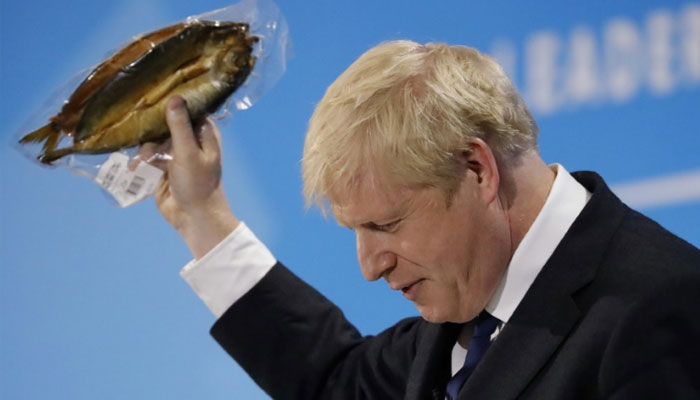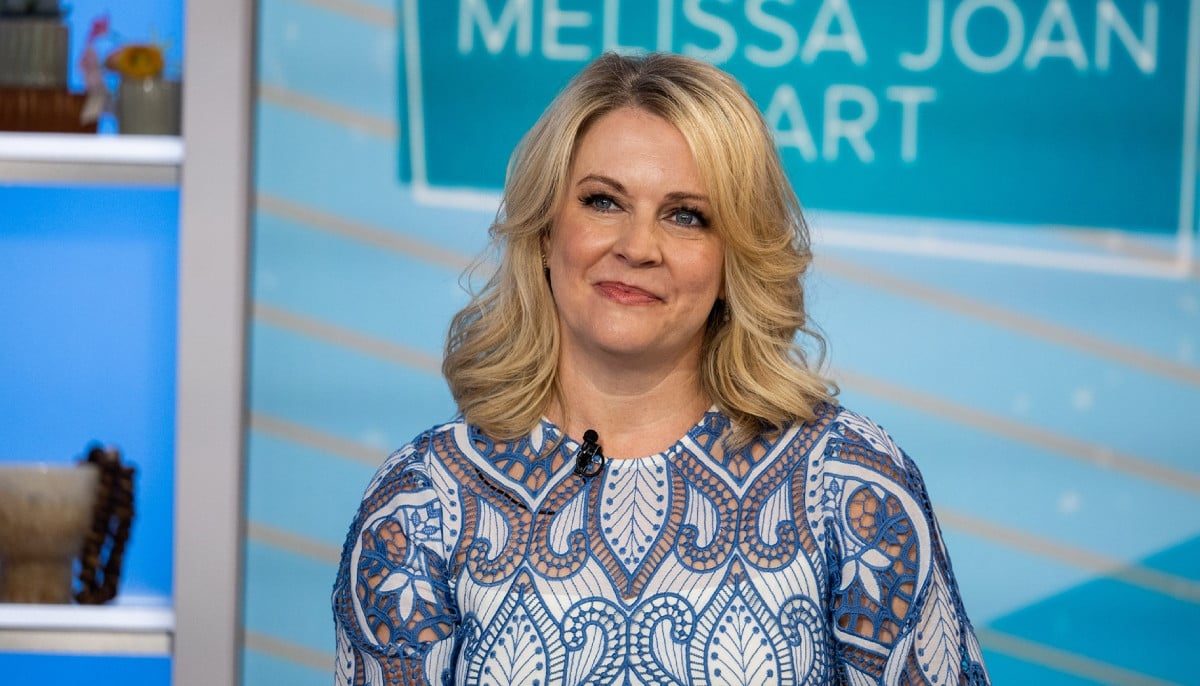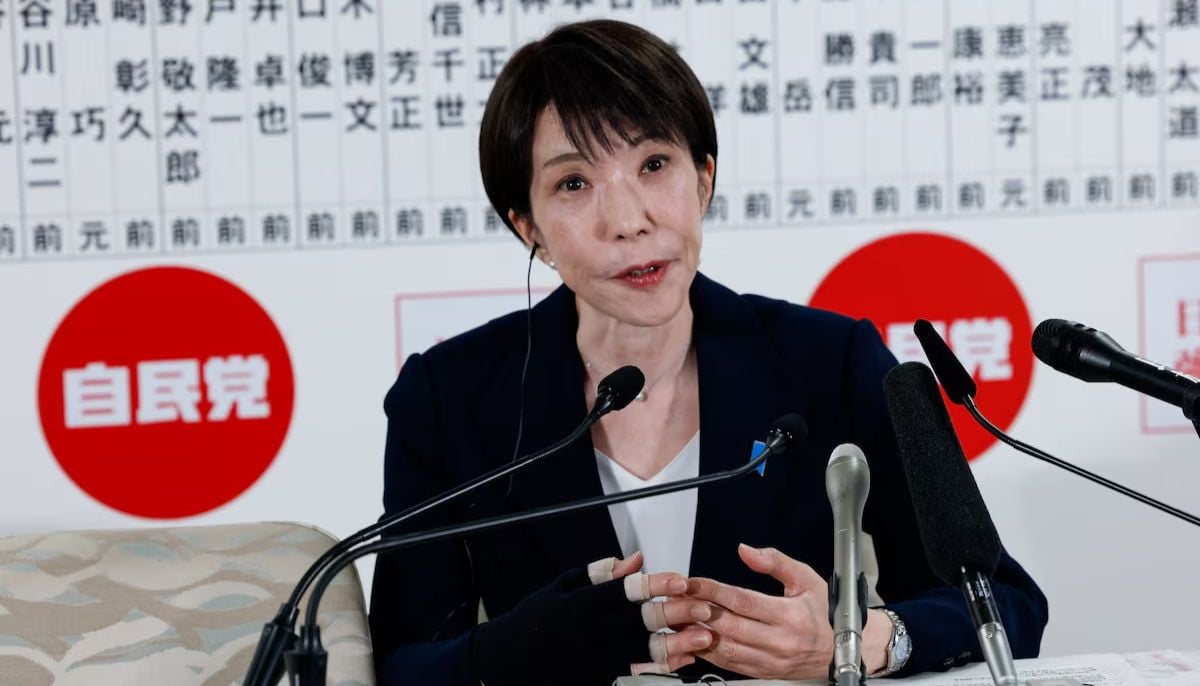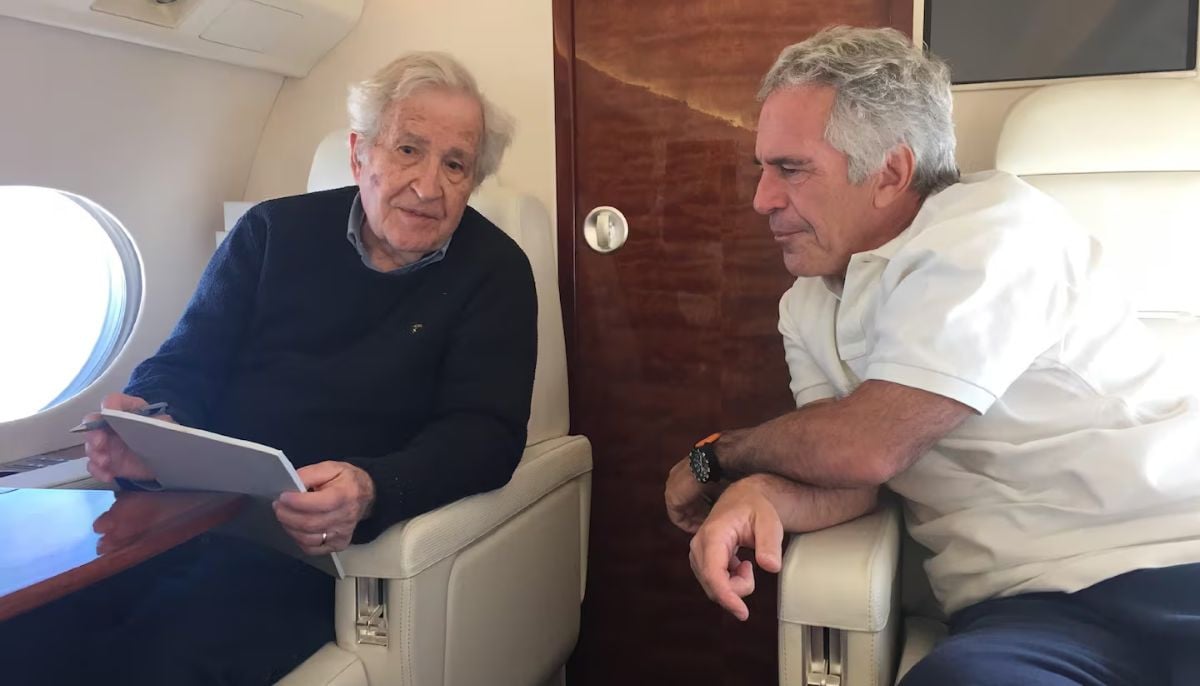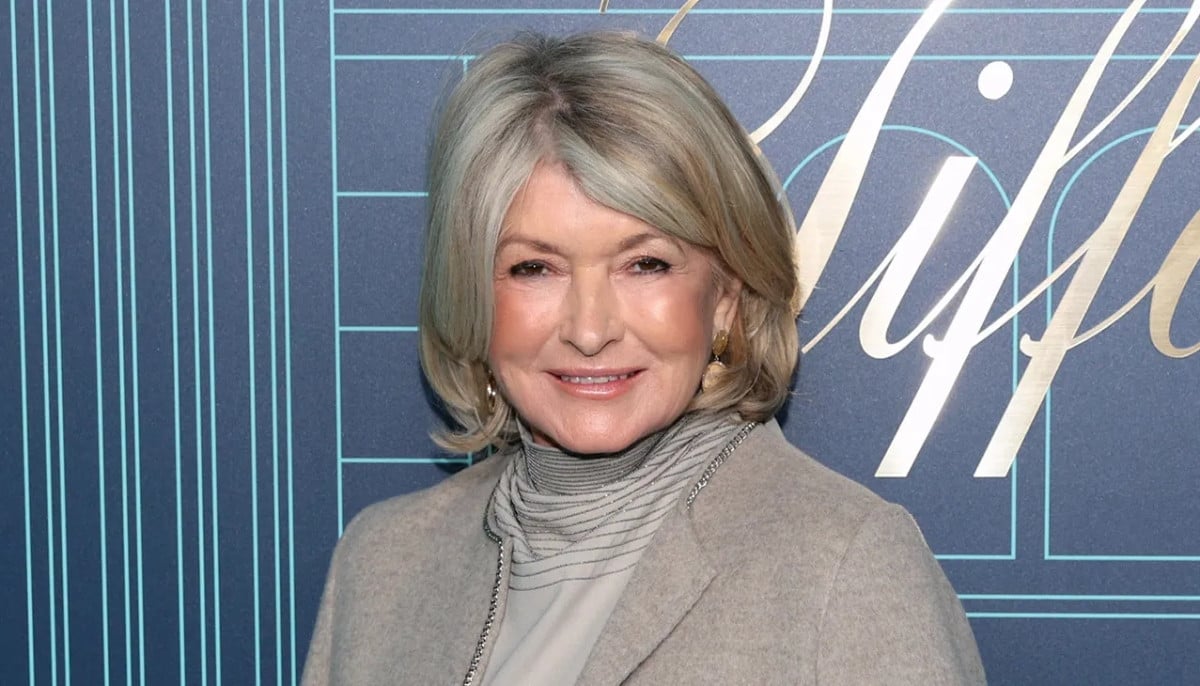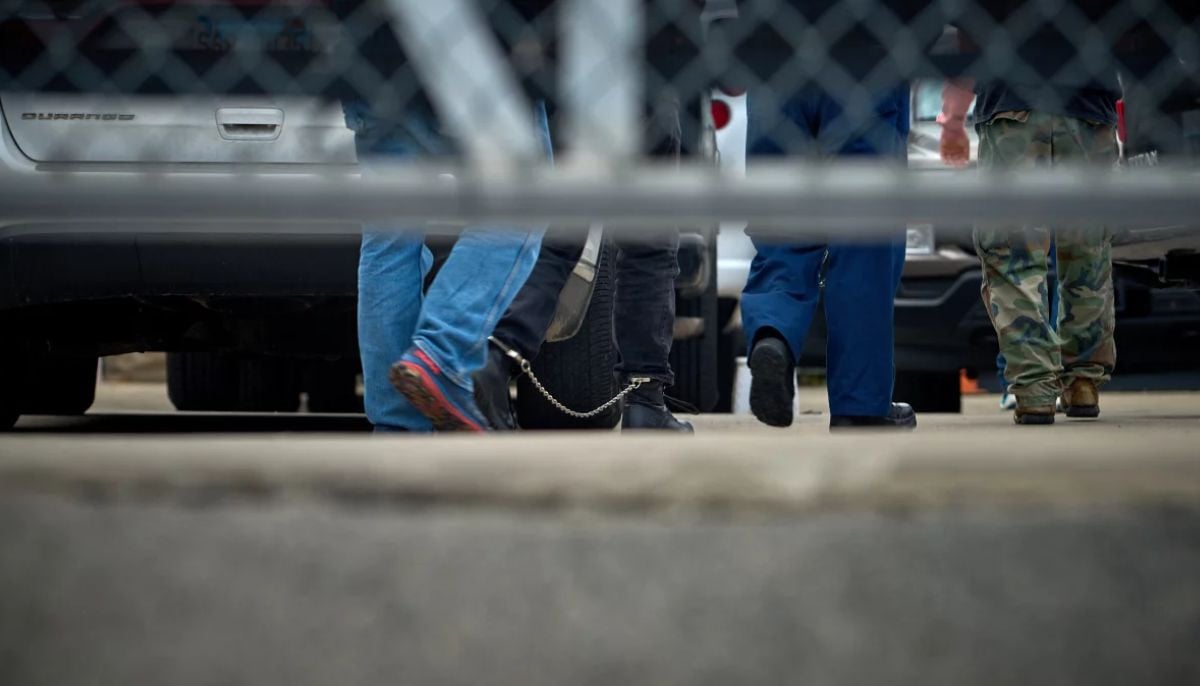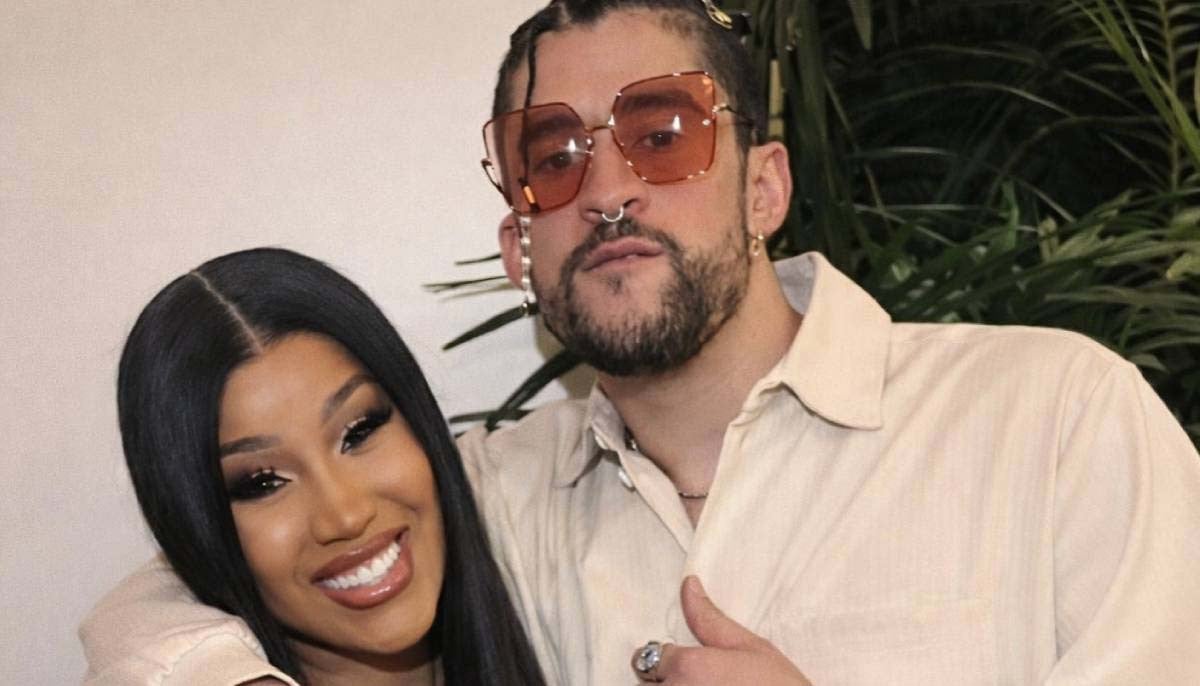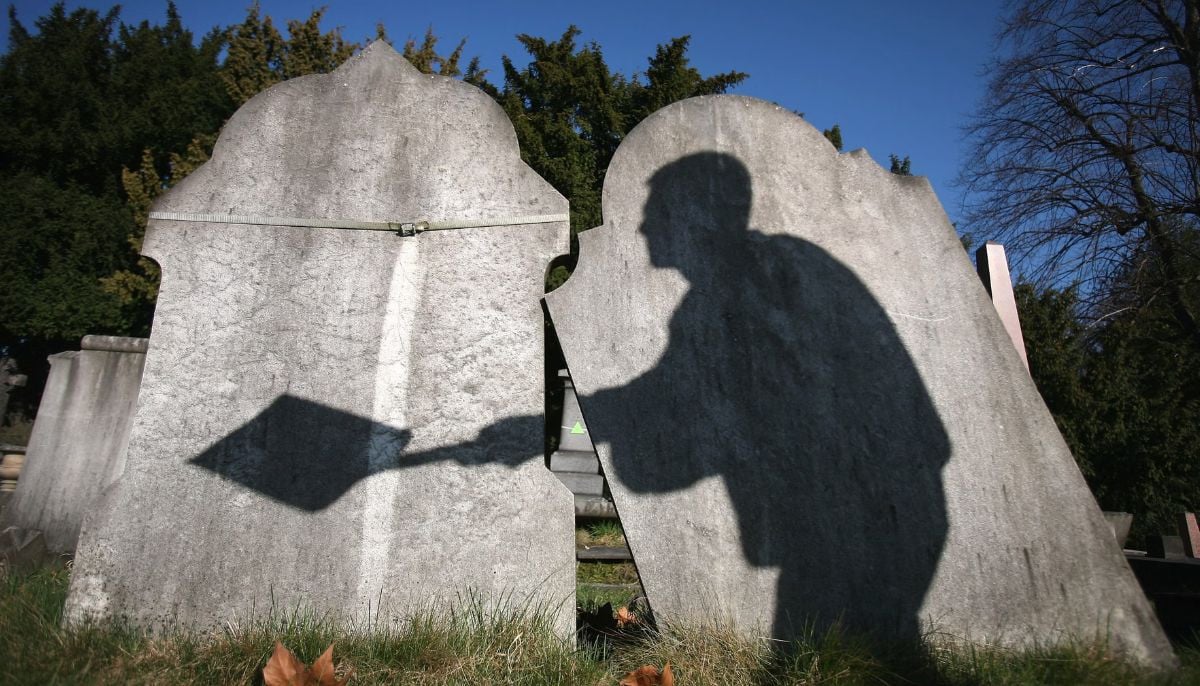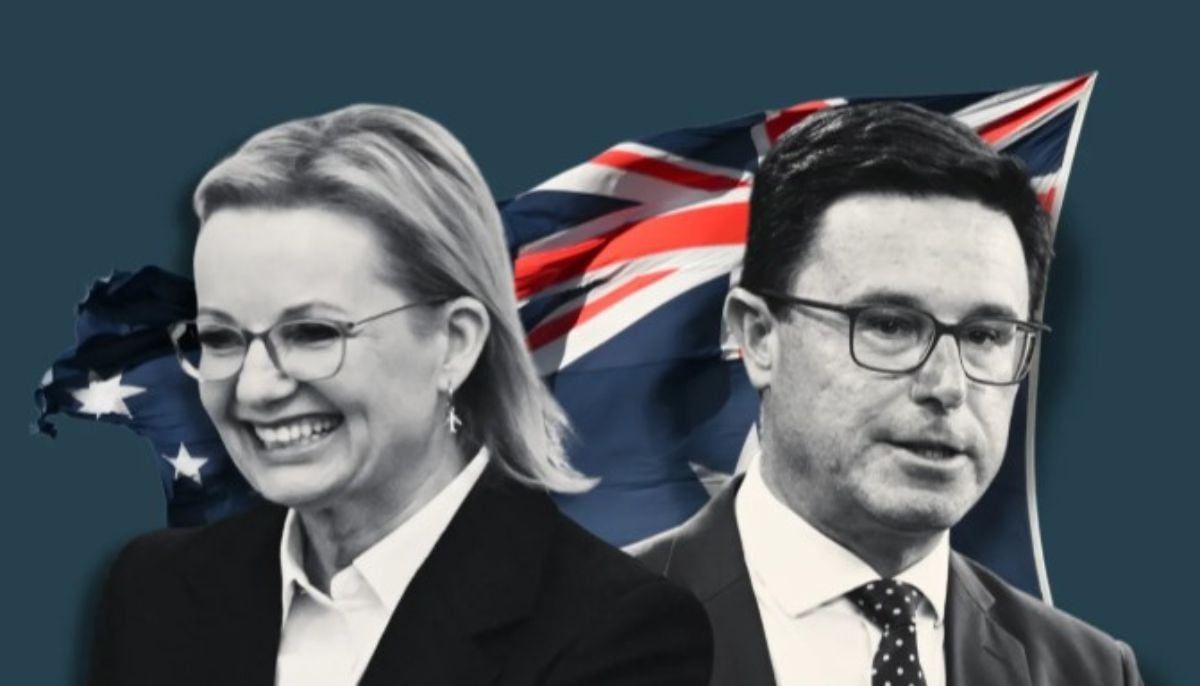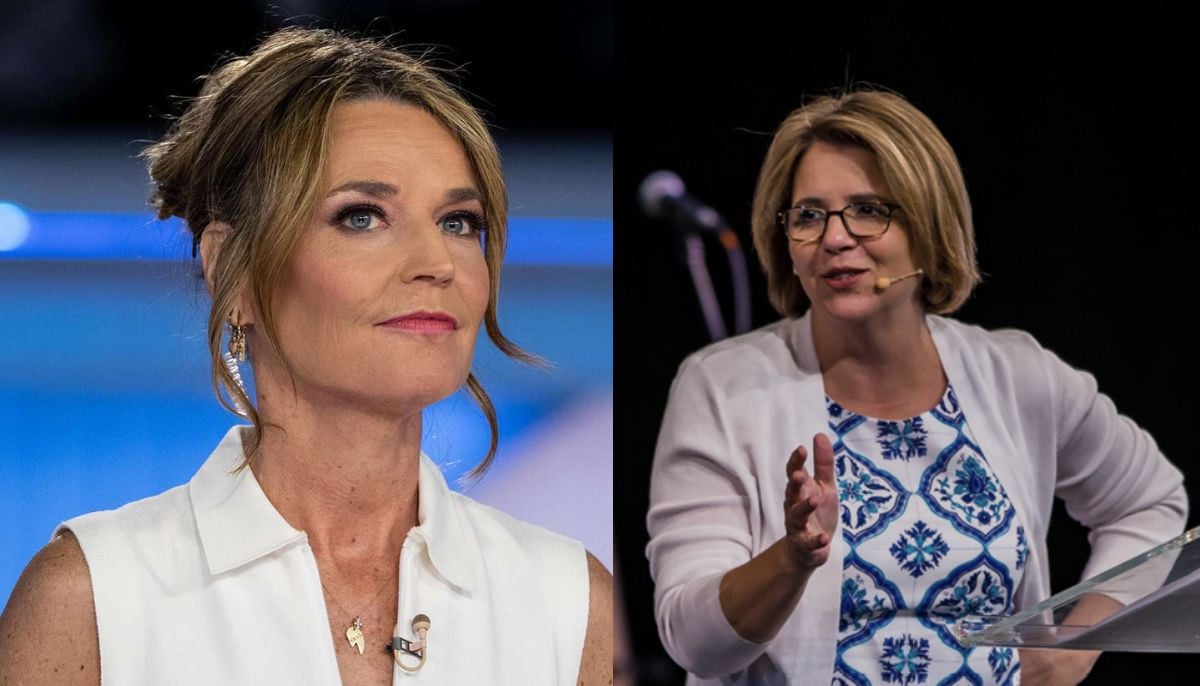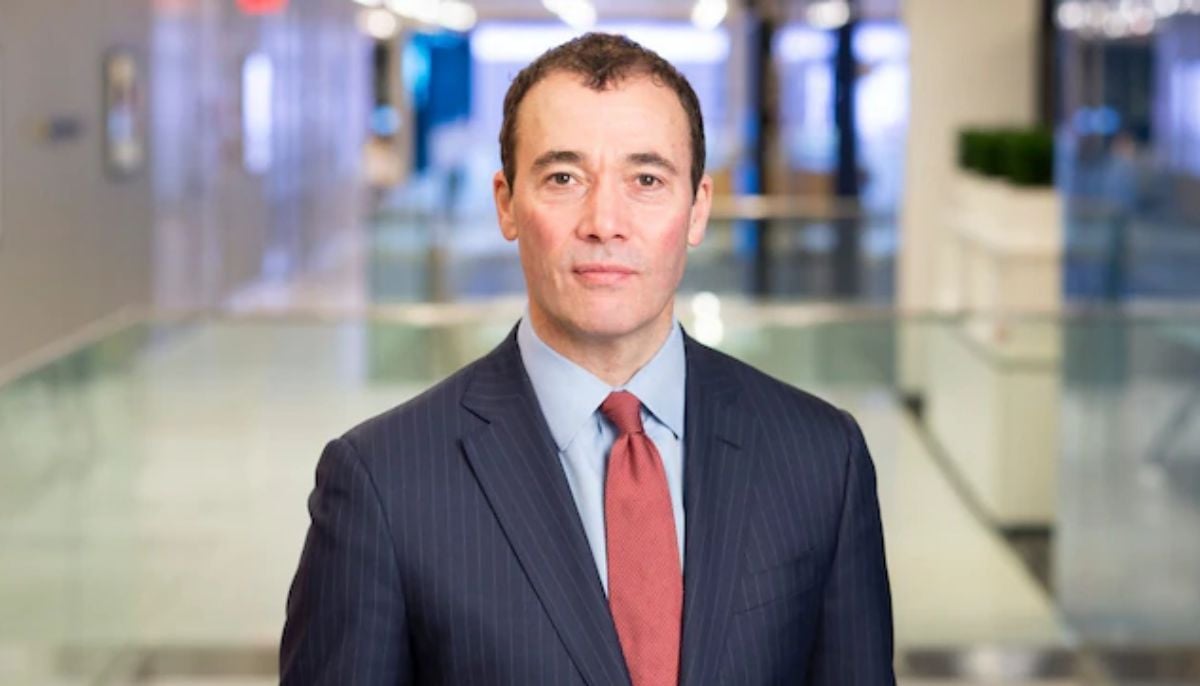Boris Johnson: time to get serious?
Boris Johnson was on Tuesday elected leader of the ruling Conservative party, and will formally take over from Theresa May on Wednesday.
LONDON: Playing the clown has propelled Boris Johnson to the brink of power, but he faces a serious challenge to unite his party and deliver Brexit.
The 55-year-old former London mayor was on Tuesday elected leader of the ruling Conservative party, and will formally take over from Theresa May on Wednesday.
Known for his easygoing manner and willingness to laugh at himself, he cuts a vastly different figure from his diligent, reserved predecessor.
For many supporters, this is the point -- they hope his optimistic vision and maverick approach will help him break the political deadlock that has delayed Britain´s exit from the European Union.
Johnson also presents himself as the man to unite a country still divided over the 2016 referendum vote for Brexit, and save a Conservative party driven to near collapse by current political chaos.
But the challenge he faces is huge, with a Brexit deadline in just four months, a wafer-thin majority in parliament, and entrenched opposition both among his own colleagues and in Brussels.
Many voters dislike him as the figurehead of a referendum campaign marked by exaggerated claims about the EU and anti-immigrant rhetoric.
And rivals condemn his plan to leave the bloc on October 31 with or without a deal, which runs the risk of economic disruption and of encouraging separatists in Scotland and Northern Ireland.
Even Johnson´s supporters admit choosing him as leader is a gamble.
´Just Boris´
Born in New York in 1964, Alexander Boris de Pfeffel Johnson has always been ambitious.
His first tilt at the Tory leadership, in 2016, failed after his closest ally betrayed him, but he laid the groundwork for this contest early.
He resigned as May´s foreign minister a year ago in protest at her EU strategy, cementing his position as the champion of Brexit.
He ran a disciplined campaign, only briefly derailed by headlines about a police visit to his home following a noisy row with his girlfriend.
Controversy has followed Johnson throughout his career, but for many supporters, this is factored in -- just "Boris being Boris".
Educated at the elite Eton school and Oxford University, Johnson started his professional life as a journalist for The Times but was sacked for fabricating quotes.
He later made a name for himself as Brussels correspondent for The Daily Telegraph, peddling what critics called "Euro-myths" about EU regulations.
Johnson won nationwide fame as a guest on the satirical TV talk show "Have I Got News For You", where his bumbling, aristocratic persona made him a hit.
He became an MP in 2001, but was sacked as arts spokesman in 2004 for allegedly lying about an extra-marital affair.
In 2008 he was elected as mayor of multi-ethnic, Labour-voting London.
He was re-elected in 2012 and oversaw the London Olympic Games that year, memorably getting stuck on a zip-wire while celebrating Britain´s first gold medal.
´Least successful´ diplomat
Johnson returned to parliament in 2015 as MP for a London suburb, promising to oppose the expansion of Heathrow Airport.
But as foreign minister, he missed a key parliamentary vote on the project after hastily arranging a trip to Afghanistan.
While he often highlights how he cut crime, invested in transport and housing as mayor, Johnson is less effusive about his time at the Foreign Office.
The appointment was awkward from the start. Critics branded him racist, citing an old article he wrote about what he called the Commonwealth´s "flag-waving piccaninnies".
He was then accused of jeopardising the case of Nazanin Zaghari-Ratcliffe, a British-Iranian woman held in Tehran for sedition, by mischaracterising her job.
The Chatham House think-tank gave a damning assessment of his record, saying: "Where gravitas and grasp of detail were needed, Johnson supplied bon mots."
Trump comparisons
Johnson´s trademark blonde hair, delight at upsetting convention and flexibility with the truth has prompted comparisons to US President Donald Trump.
But his record is more complicated.
He has drawn criticism for dog-whistle politics, notably by suggesting in an article last year that Muslim women wearing the face veil looking like "letter boxes".
But as mayor, he advocated an amnesty for illegal migrants and despite once referring to gay people as "bumboys", has long backed equality in parliament.
-
Martha Stewart on surviving rigorous times amid upcoming memoir release
-
18-month old on life-saving medication returned to ICE detention
-
Cardi B says THIS about Bad Bunny's Grammy statement
-
Chicago child, 8, dead after 'months of abuse, starvation', two arrested
-
Funeral home owner sentenced to 40 years for selling corpses, faking ashes
-
Australia’s Liberal-National coalition reunites after brief split over hate laws
-
Savannah Guthrie addresses ransom demands made by her mother Nancy's kidnappers
-
Washington Post CEO William Lewis resigns after sweeping layoffs
